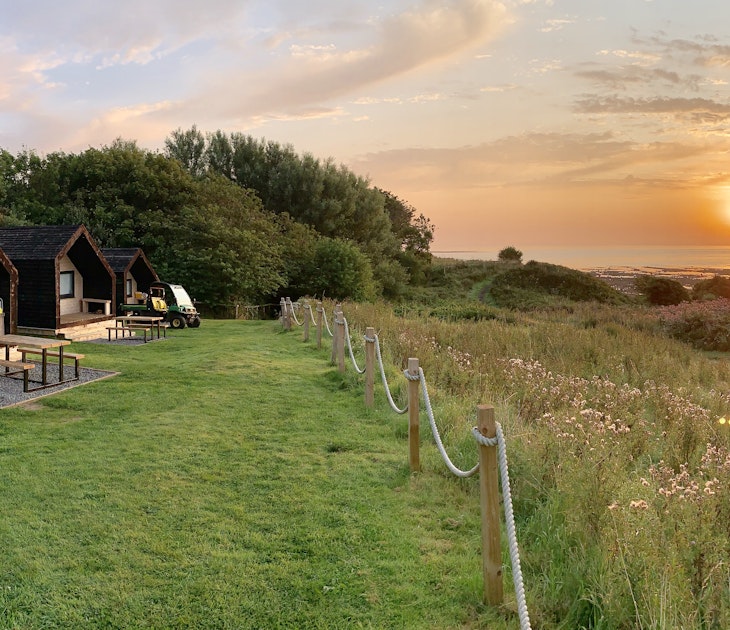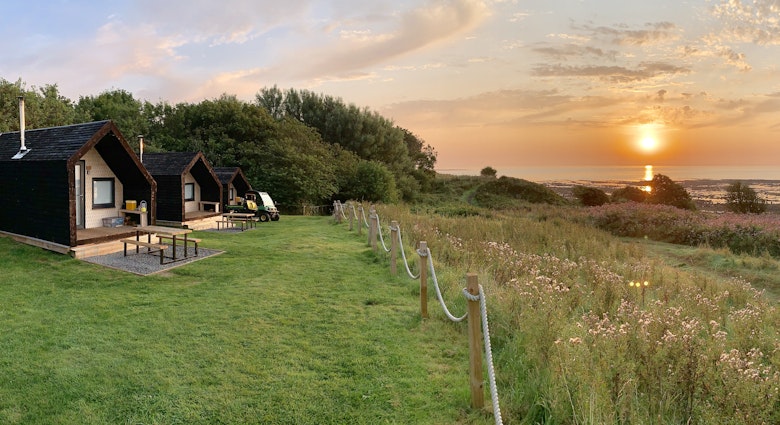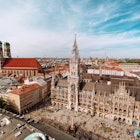On 11 May, Spain began tentatively easing out of its COVID-19 lockdown and around half the country entered phase one of the four-stage desescalada (de-escalation), which meant many hotels were officially allowed to reopen. Most, however, have remained closed – movement between Spanish provinces is not permitted until at least 22 June and there is enormous uncertainty about air travel. Nonetheless, some Spanish hotels are cautiously hopeful that Spaniards will be keen to explore their own country once the lockdown eases, and domestic travellers will undoubtedly be first back through the door.
Phase one allows hotels to open rooms but not communal spaces (which includes pools, gyms and spas); restaurants can open 50% of terrace space, and museums can open with a third of capacity. Last week Spain announced a 14-day quarantine for all international arrivals until the end of its state of alarm, which is currently looking to last until mid-June at least.
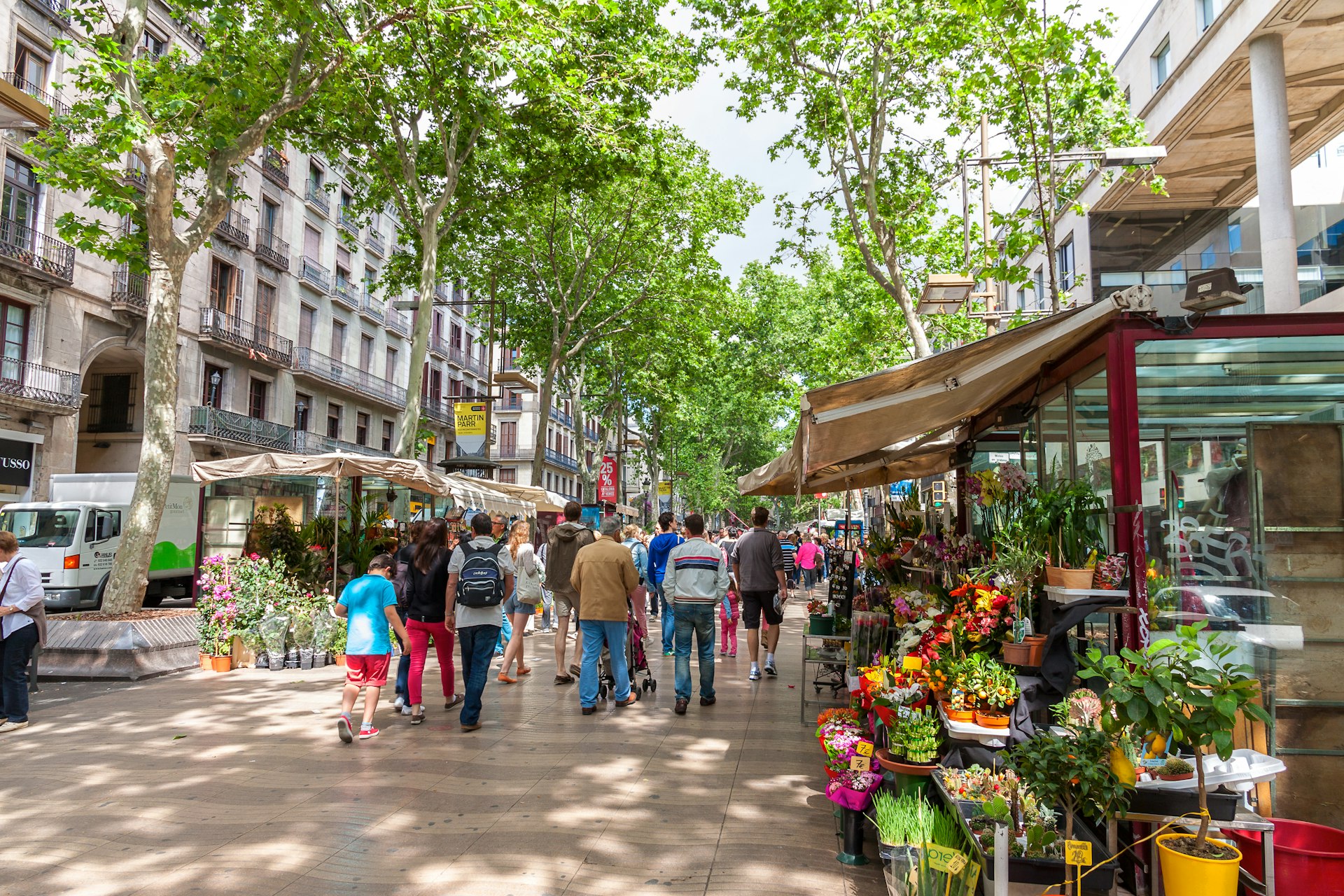
Setting reopening dates is still difficult for a lot of Spanish hotels, despite being ready to go with new safety measures in place. But some are already taking the plunge. In Barcelona (which entered an intermediate phase 0.5 on 18 May), the boutique Praktik Hotels chain plans to reopen its flagship Praktik Rambla – a converted 19th-century mansion – on 1 July. Praktik’s Vinoteca and Bakery branches were among the first of around 50 Barcelona hotels to be converted into hotels salut (health hotels; hoteles salud in Spanish) for recovering COVID-19 patients. Marketing Director Laura Águila told Lonely Planet how proud the team is to have played an important role in helping the city throughout the pandemic, and that this experience means Praktik is well prepared in terms of adapting to new safety requirements and meeting the needs of future guests. In particular, Laura mentioned that ‘what travellers need most is flexibility’, so Praktik has introduced free cancellations up to 24 hours in advance.
Over in Andalucía’s Málaga province (which entered phase one on 18 May), David Matthews and Myles Gregson are preparing to reopen their five-room boutique hotel Almohalla 51 in the historical town of Archidona on 8 June. The province is expected to enter phase three on 15 June, which should mean guests can visit nearby cultural sights like Córdoba’s Mezquita or Málaga’s art museums, restaurants will be at almost 50% capacity, beaches will be open (with social distancing) and hotels will be able to open communal spaces at 50% capacity. David and Myles told Lonely Planet: "We believe that rural, inland tourism will be the first to start moving. People will be attracted to places with fewer tourists, much more space, and more freedom to enjoy activities and visit places". To ensure safety and restore people’s confidence in travel, Almohalla 51 is, for example, removing all unnecessary fabrics from rooms, adding disinfectant dispensers at the entrance and providing masks and gloves for guests. The guesthouse will be available as a whole-house rental too, and David and Myles are also offering 50% off all stays (up to four nights) for medical personnel and other key workers.
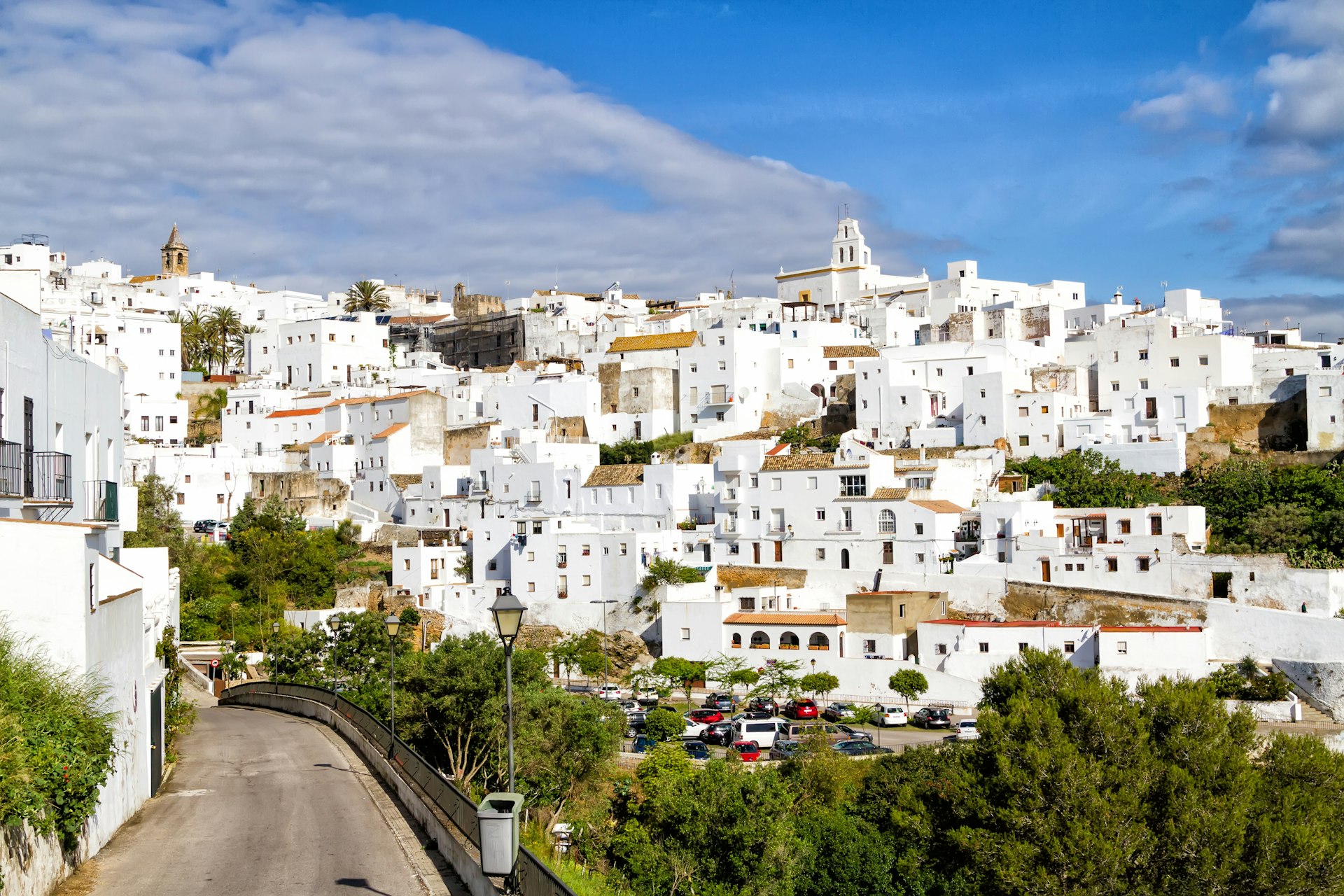
Neighbouring Cádiz province is one of the regions of Spain least affected by COVID-19. In the white town of Vejer de la Frontera, James Stuart runs the popular Califa hotels and restaurants and is planning a staggered reopening: beginning with a couple of restaurants in the first week of June (at reduced capacity), along with the six-room Las Palmeras del Califa hotel and the self-catering Califa Casas, both with new safety measures such as online check-in. The two main hotels, La Casa del Califa and Plaza 18 will follow a few weeks later. James acknowledges that the 2020-21 winter season is likely to be difficult for Spanish hotels, as international tourism will be down, but has hope that domestic travellers will be keen to visit post-lockdown. He also thinks that "small, original properties like the Califa" should be in a good position, with guests favouring hotels where there are fewer other people around and service (including cleaning) can be more personalised.
José Fabra runs two boutique hostels in Córdoba – Bed & Be and Option Be – which are usually full of international travellers at this time of year when the city opens its famous flower-filled patios to the public. "We are hoping that typically young hostel guests will be the first to start travelling again, and, once that’s possible, we’re very excited to have them back here." As for many others, for José it makes no sense to reopen until at least movement is allowed between provinces. For now, he’s refocusing on the domestic market and considering turning some rooms into living spaces for digital nomads. In the meantime, the best way to support small family-owned hostels like José’s is through direct advance bookings and the recently launched international Adopt a Hostel campaign.
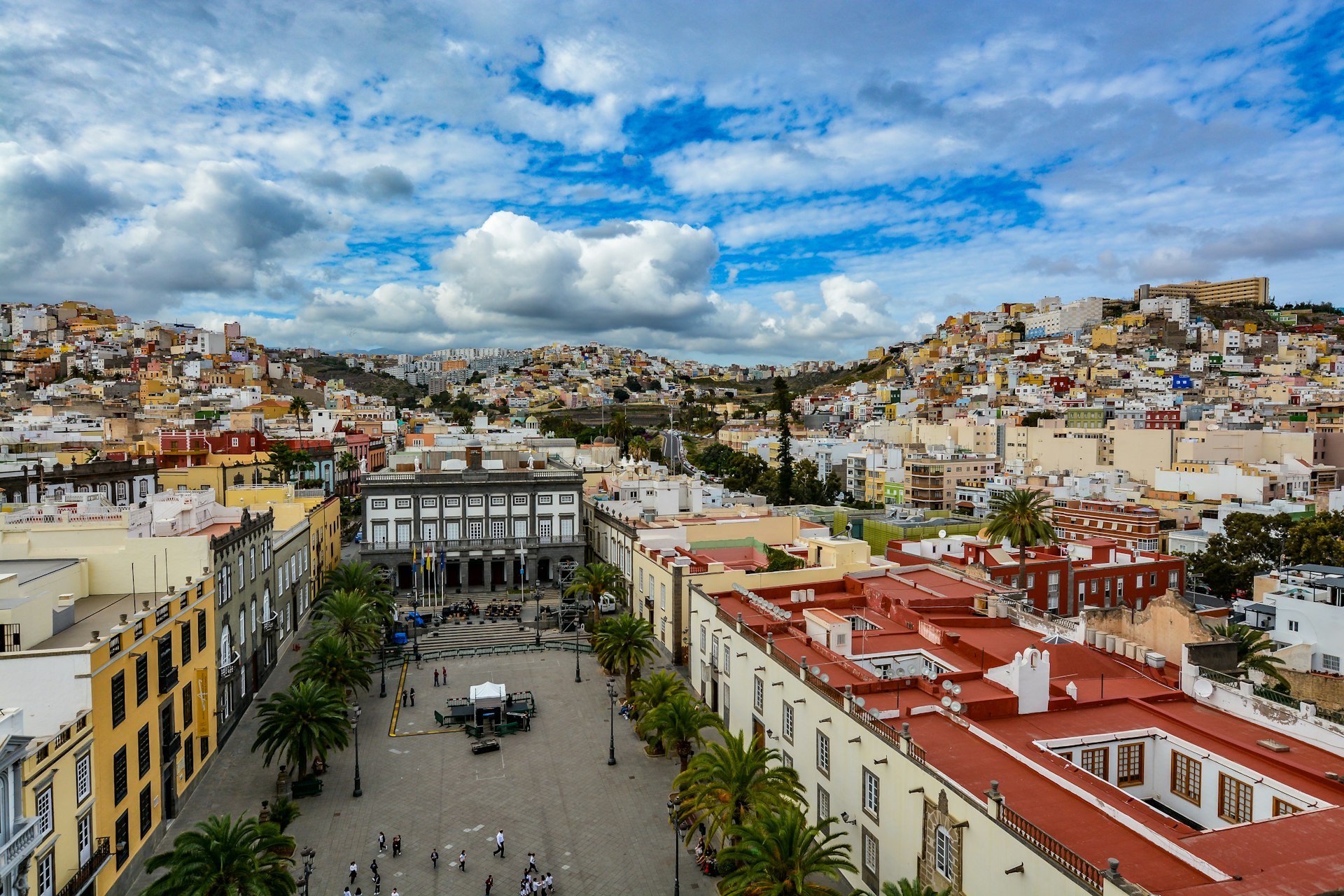
The Barceló chain, which has hotels everywhere from Barcelona to Gran Canaria and is offering free changes up to 24 hours ahead for all bookings, explained to Lonely Planet that although it has announced its ongoing plans to reinforce health and safety protocols, ‘whilst there are restrictions to travel, we find it very difficult to reopen our hotels’, emphasising that its focus is on experiences (not only rooms). The Room Mate chain, meanwhile, will continue hosting self-isolating medical staff and residents of care homes at nine of its Spanish hotels until the end of May and isn’t expected to reopen to guests until at least June.
In the Canary Islands, there is hope for the rest of the 2020 tourism season, though at the time of writing no one is yet able to travel there. El Hierro, La Gomera and Isla Graciosa (as well as Formentera in the Balearic Islands) moved into phase two on 18 May, and hotels there have been permitted to reopen since 4 May. Michelle Braddock, co-founder of sustainability-focused Lanzarote Retreats, told Lonely Planet that the Canary Islands have so far had fairly few COVID-19 cases, and her sun- and wind-powered resort Finca de Arrieta is open and ready for guests. The resort is made up of individual holiday homes (some in Mongolian yurts, others stone-built cottages), each with its own kitchen and garden, which will ensure privacy and social distancing. The team also has independent self-catering houses dotted across Lanzarote, many with private pools – which Michelle thinks will be ideal for helping people feel safe to travel again.
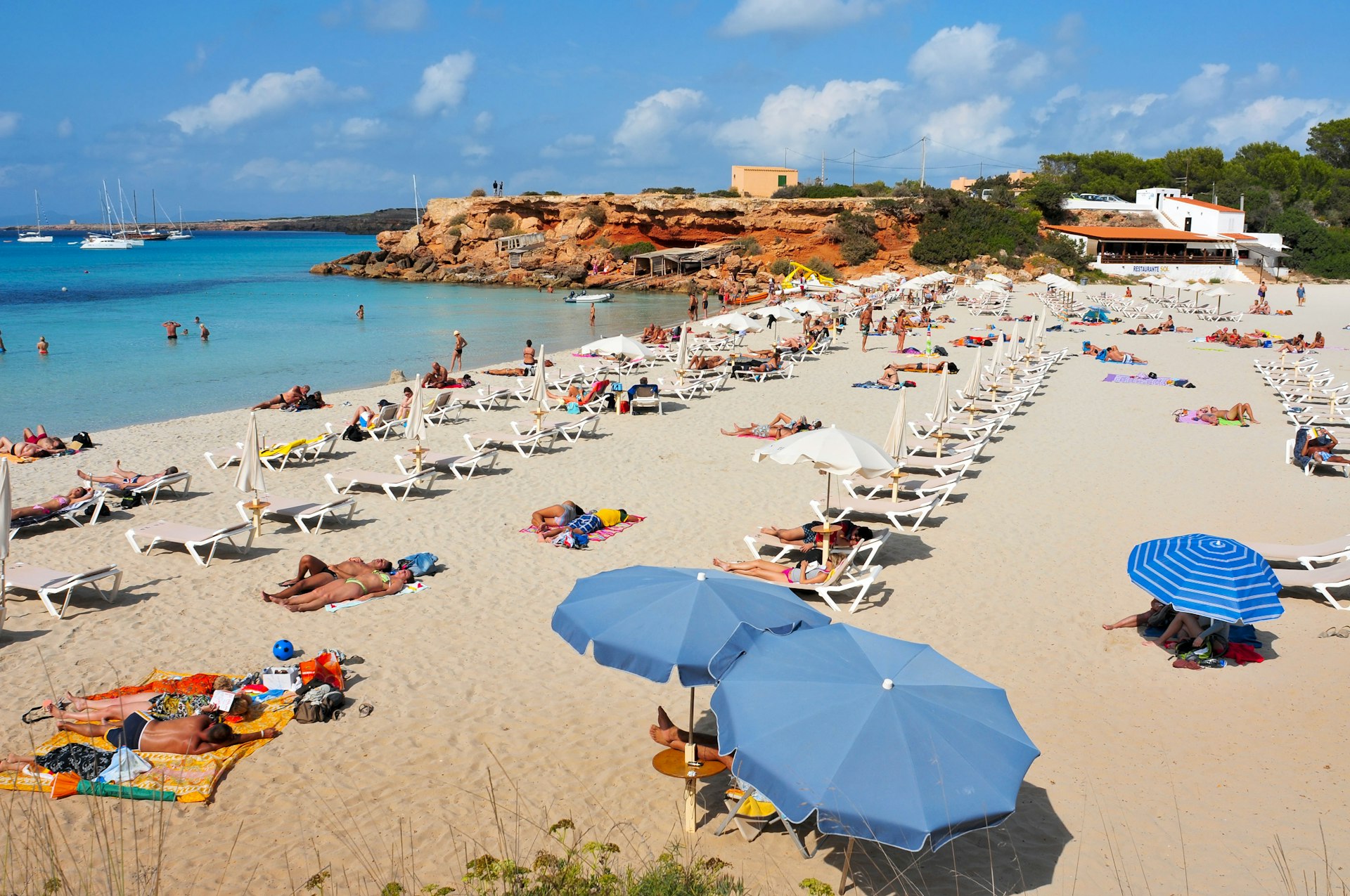
For those able to travel in Spain (and there are still many hurdles), it’s going to be a very different year. Pablo Carrington of MARUGAL hotels – which is behind luxe properties such as Formentera’s Gecko Beach Club and Málaga’s 2019-opened Palacio Solecio (both expected to reopen for the 2020 summer with strict cleaning and safety procedures) – pointed out that this could potentially be an amazing time to visit Spain. Museums like Málaga’s typically packed Museo Picasso will be limiting numbers, for example, and the Balearics’ blissful beaches will be quieter.
Lockdowns are easing globally as the planet adjusts to a new normal. Find out how COVID-19 is changing travel.


